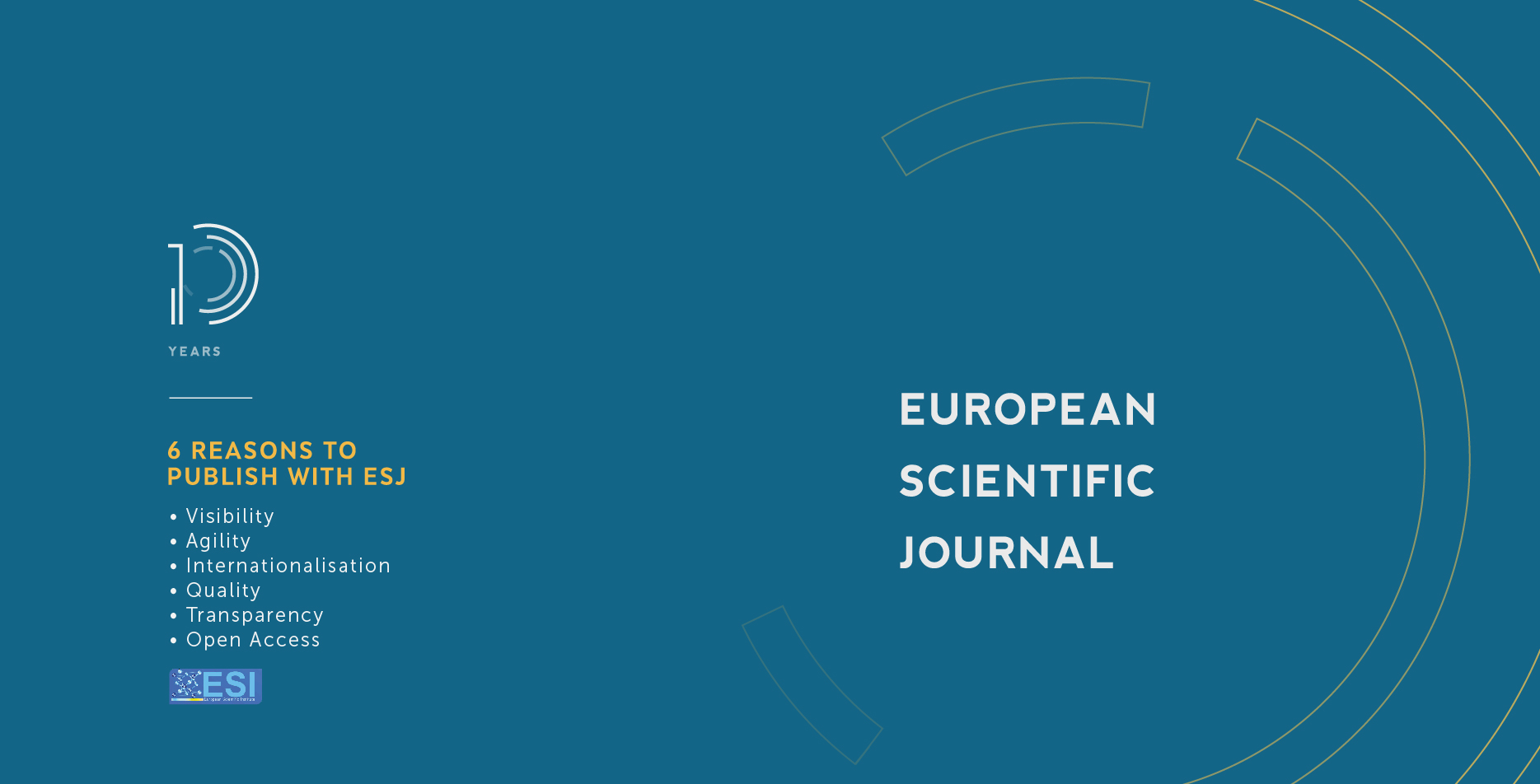Le Tribalisme Comme Idéologie Légitimatrice de la Hiérarchie Sociale dans les Sociétés Composites : une Étude auprès de Jeunes Camerounais
Abstract
Le tribalisme est l’un des maux dont souffre un grand nombre de sociétés africaines (Messanga & Nzeuta Lontio, 2020). C’est sans doute cette réalité qui pousse les sciences humaines et sociales à en faire un objet de recherche. Pour la psychologie sociale par exemple, l’intérêt pour un tel sujet pourrait se situer dans la perspective d’une mesure de l’impact de ce phénomène social sur les relations intergroupes. Dans cette logique, et dans celle des études qui établissent un lien entre identité ethnique et Orientation de la Dominance Sociale (Ho et al., 2015 ; Levin et al., 1998), la présente étude propose de considérer le tribalisme comme un mythe légitimisateur qui accentue la hiérarchie sociale et, de ce fait, maintient le pouvoir des dominants sur les dominés. Afin d’atteindre cet objectif, la présente étude a recouru à 138 participants de nationalité camerounaise et d’âge variant entre 17 et 32 ans par le biais de l’échantillonnage accidentel. Les résultats obtenus après l’administration de l’échelle d’Orientation de la Dominance Sociale et d’une échelle d’attitude à l’égard du tribalisme révèlent l’existence d’une corrélation positive entre les deux variables (r = .41). Ils apportent ainsi un soutien empirique à la prédiction formulée. Comme contribution théorique, cette étude fournit des données statistiques permettant de répertorier le tribalisme dans la nomenclature des mythes légitimisateurs de la hiérarchie sociale.
Tribalism is one of the evils from which many African societies suffer (Messanga & Nzeuta Lontio, 2020). It is undoubtedly this reality which prompts the human and social sciences to make it an object of research. For social psychology, for example, the interest in such a subject could lie in the perspective of measuring the impact of this social phenomenon on intergroup relations. In this logic, and in that of the studies which establish a link between ethnic identity and Orientation of Social Dominance (Ho et al., 2015; Levin et al., 1998), the present study proposes to consider tribalism as a legitimizing myth which accentuates the social hierarchy and, therefore, maintains the power of the dominant over the dominated. In order to achieve this objective, the present study used 138 participants of Cameroonian nationality and of ages varying between 17 and 32 years by means of accidentalsampling. The results obtained after the administration of the Orientation of Social Dominance scale and of an attitude towards tribalism scale reveal the existence of a positive correlation between the two variables (r = .41 ). They thus provide empirical support to the prediction formulated. As a theoretical contribution, this study provides statistical data making it possible to list tribalism in the nomenclature of legitimizing myths of the social hierarchy.
Downloads
PlumX Statistics
Copyright (c) 2020 Tsapi Fomena Shadrak

This work is licensed under a Creative Commons Attribution-NonCommercial-NoDerivatives 4.0 International License.








